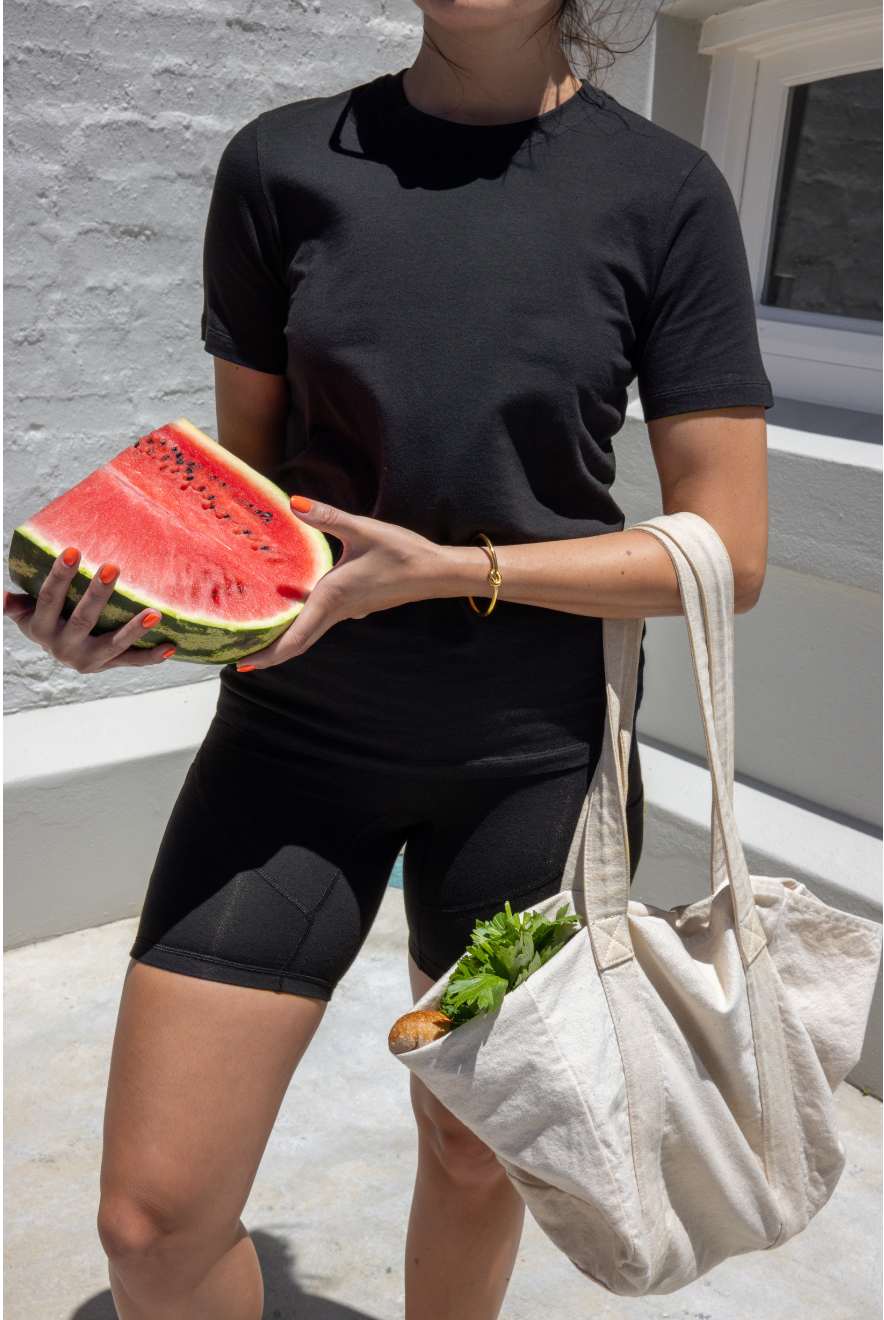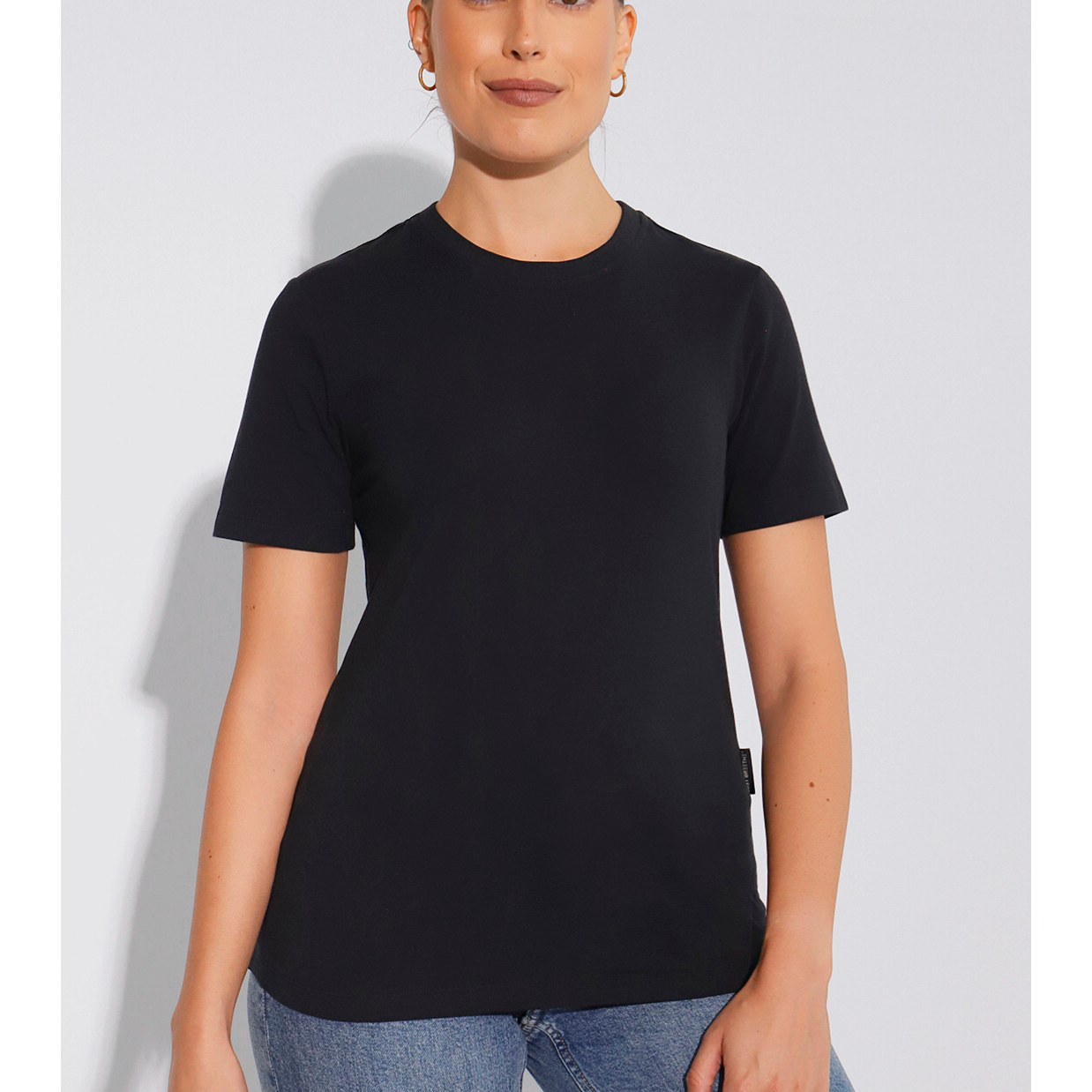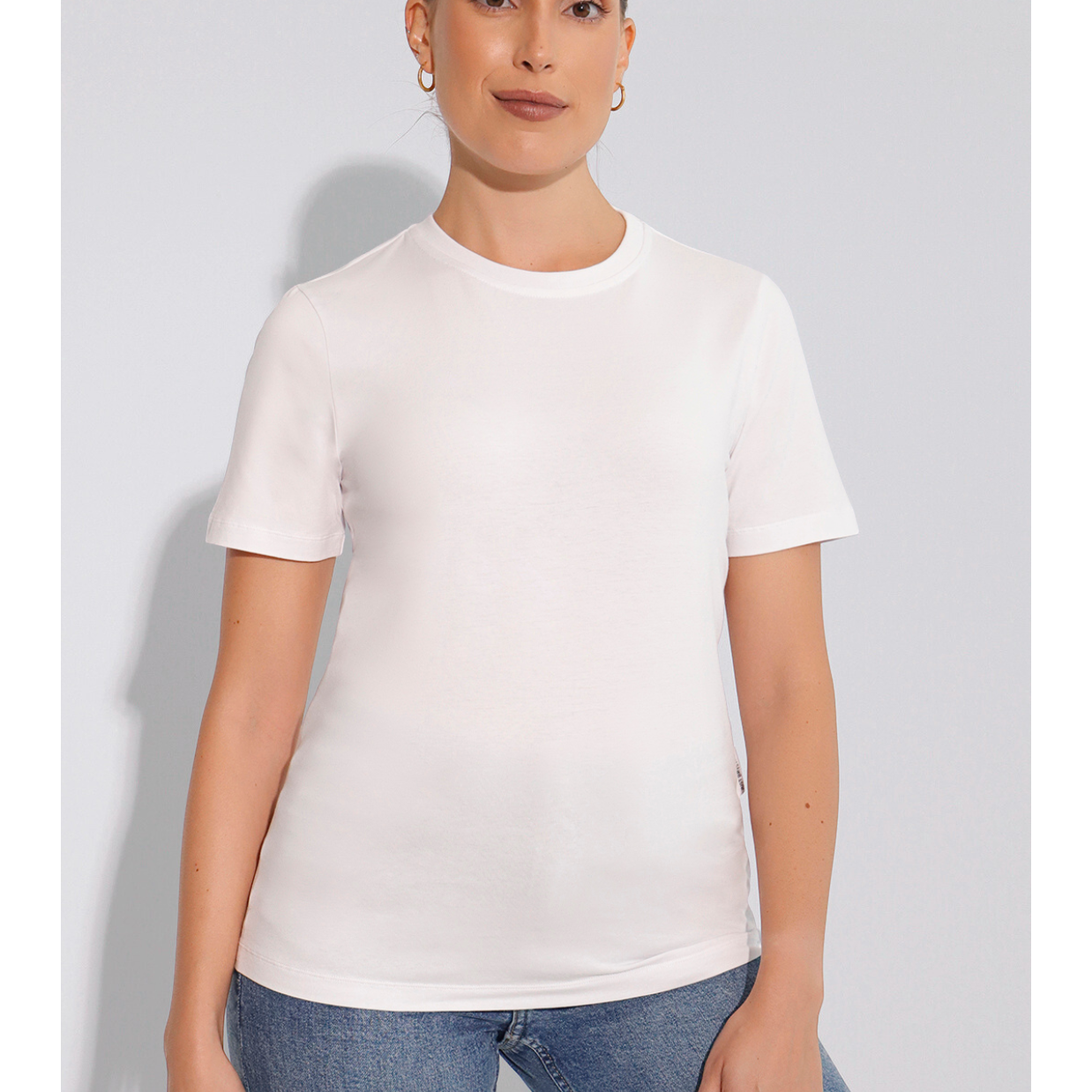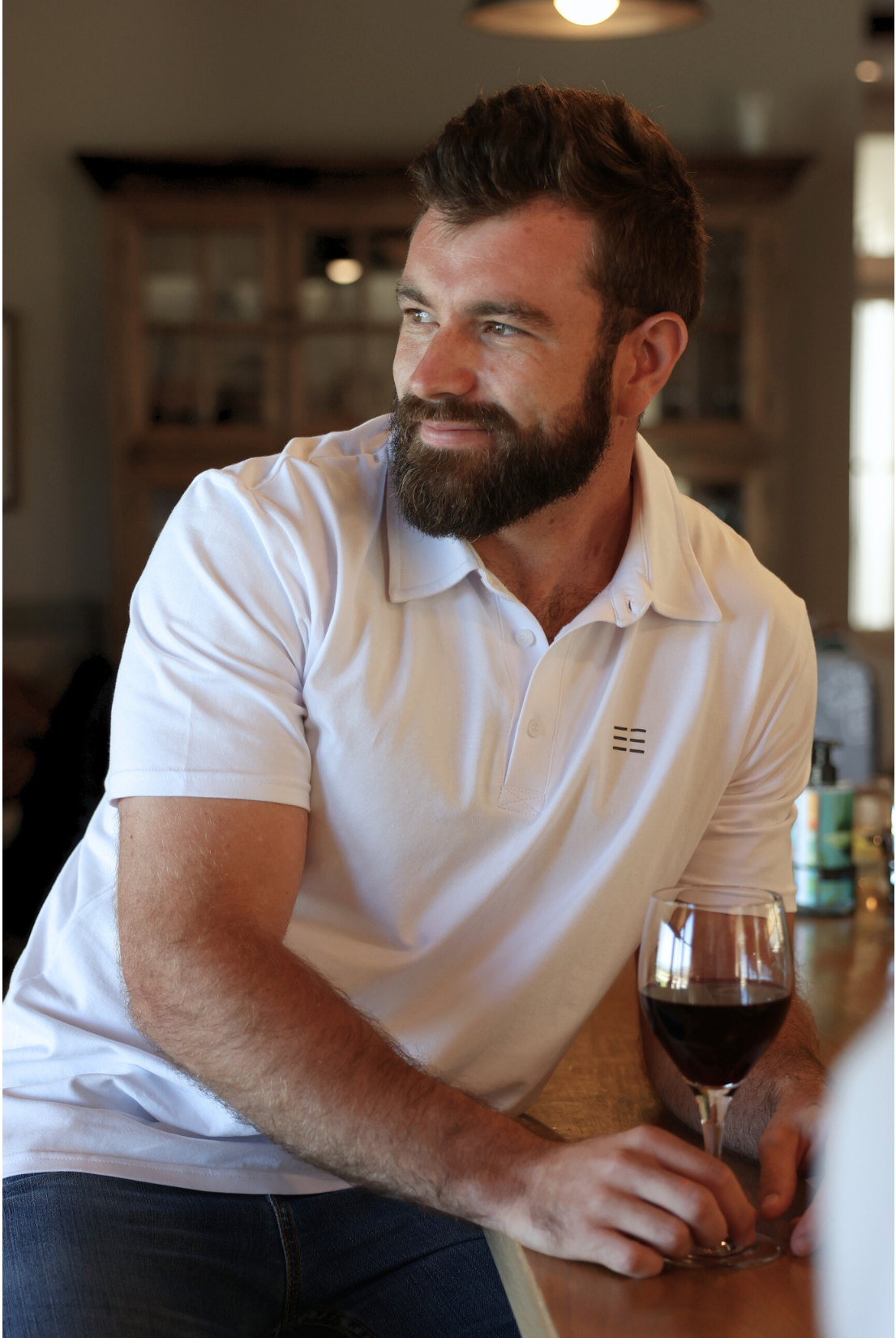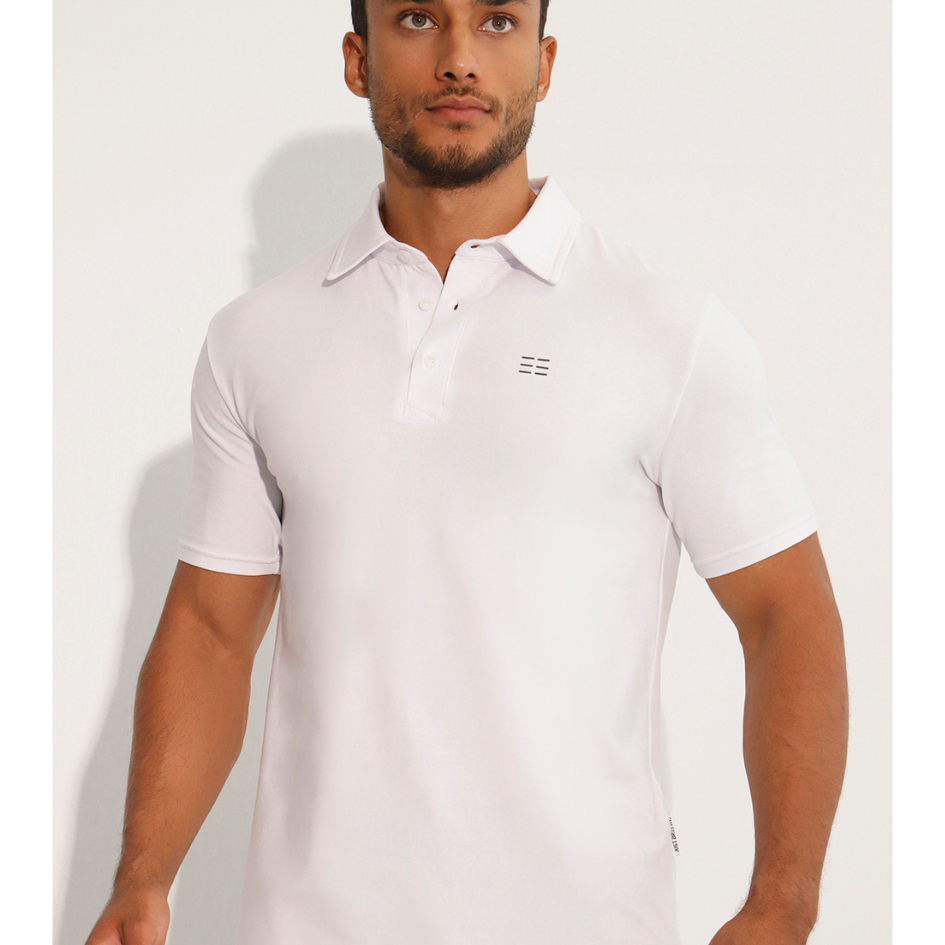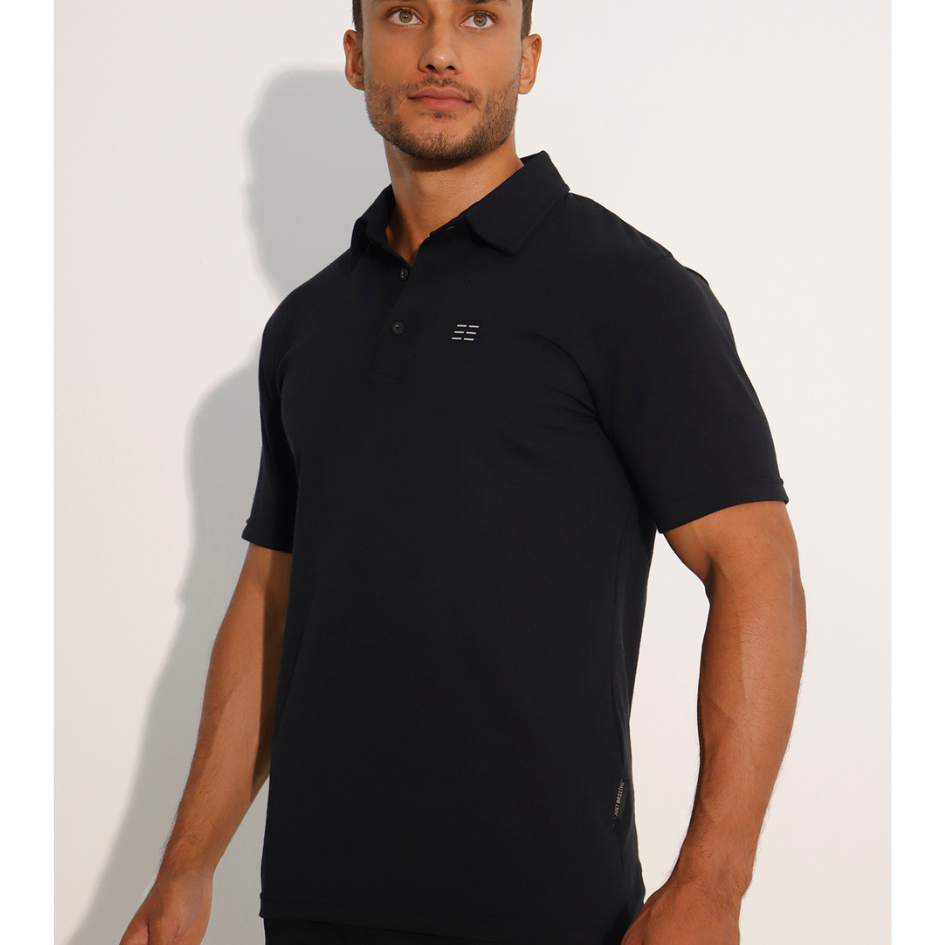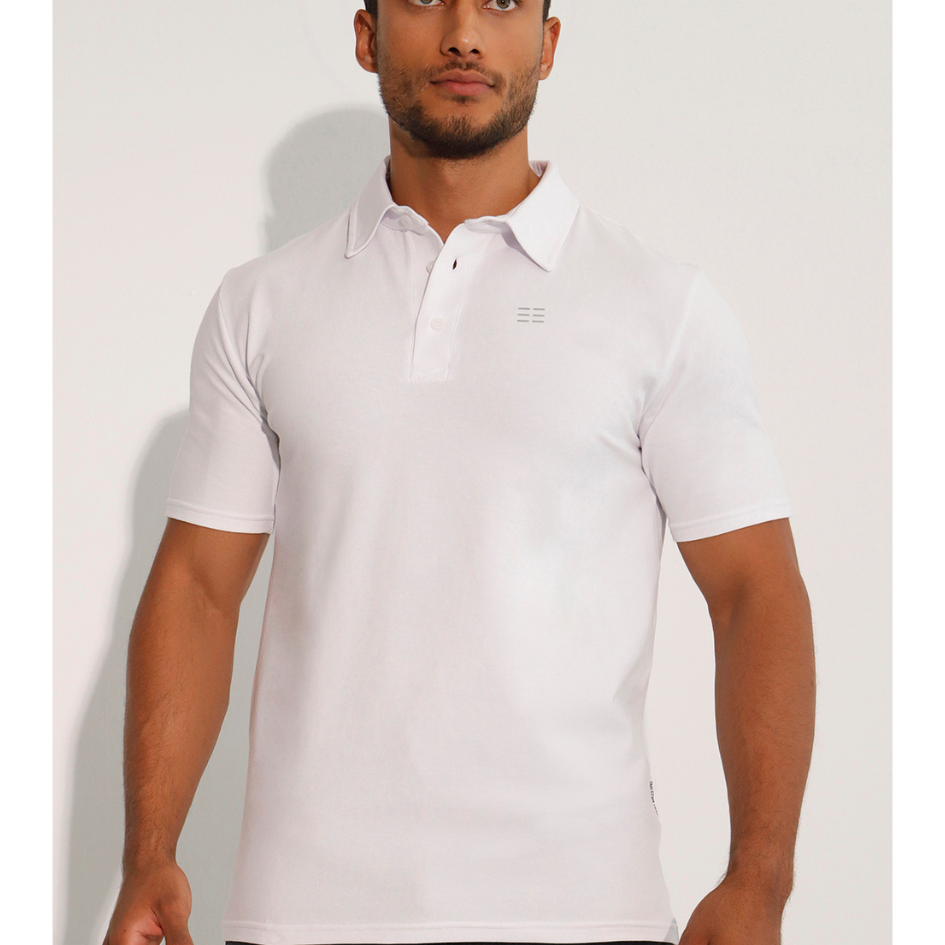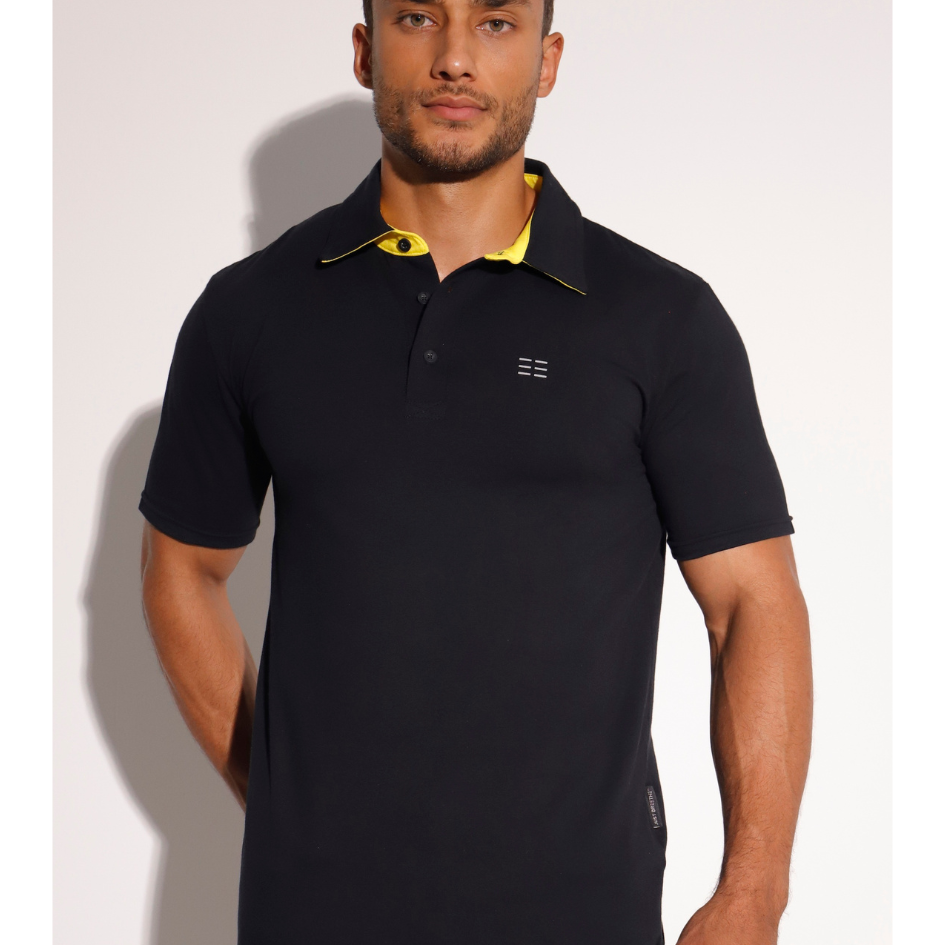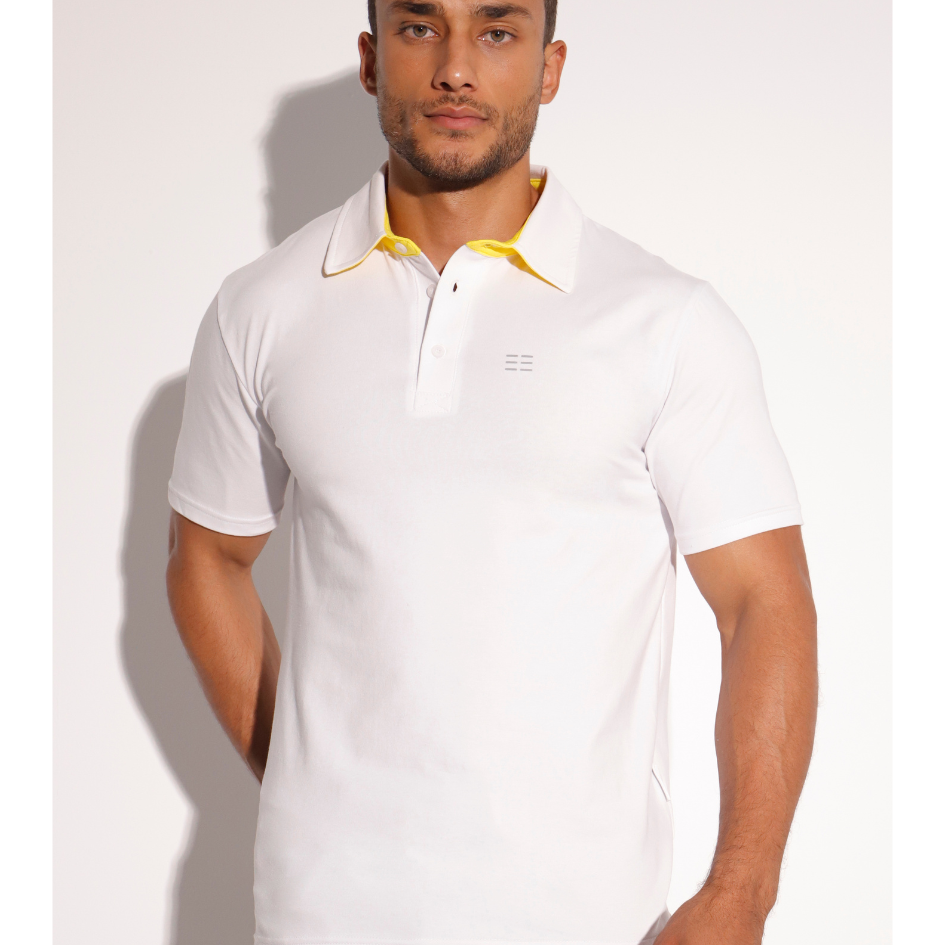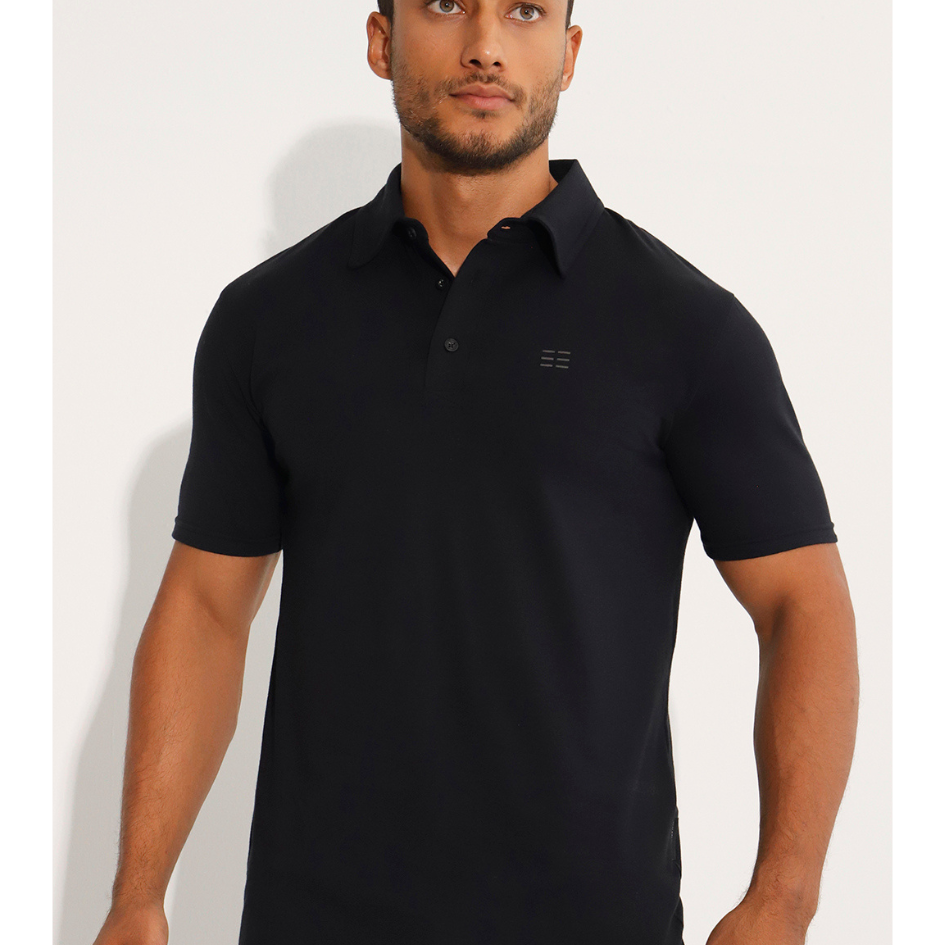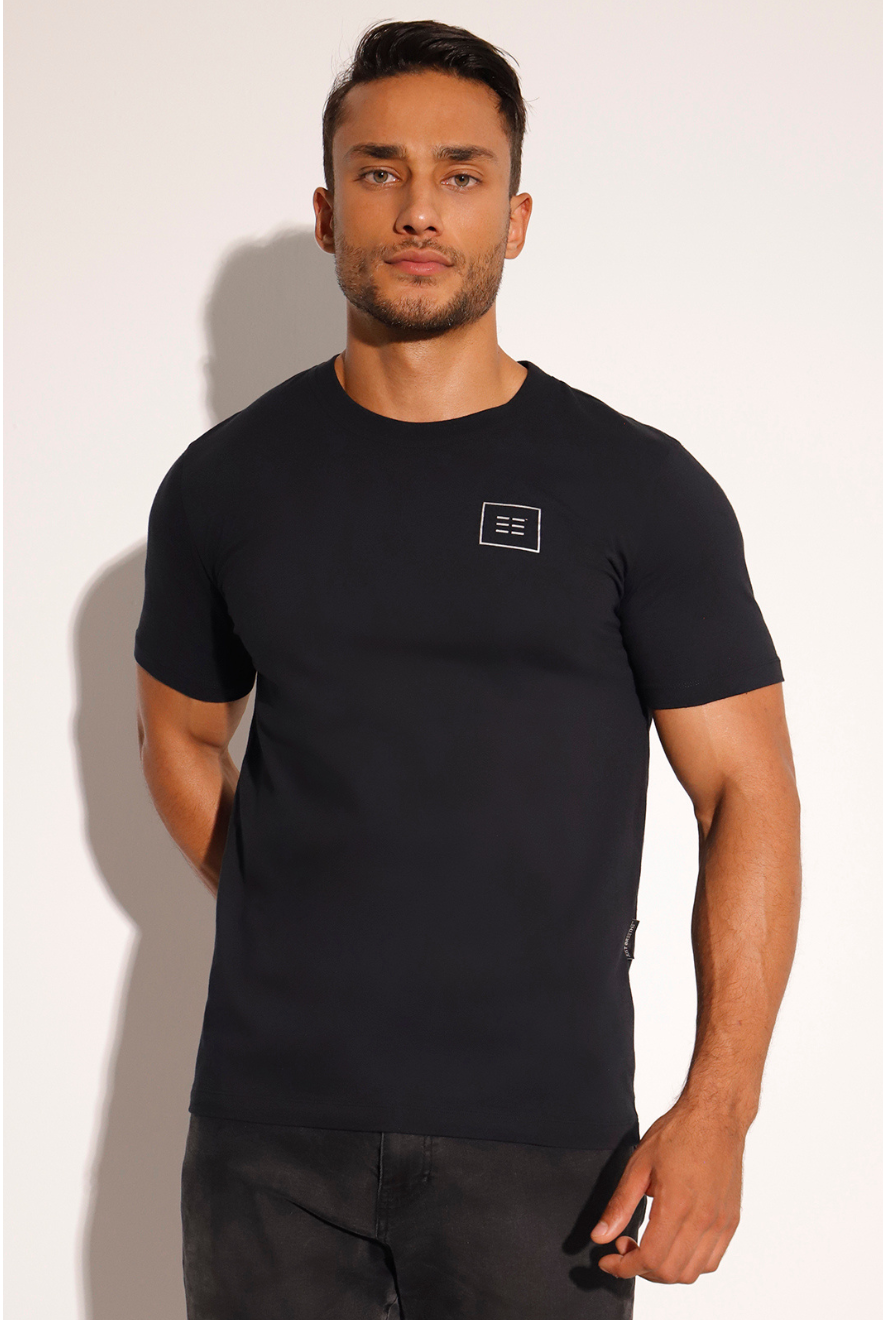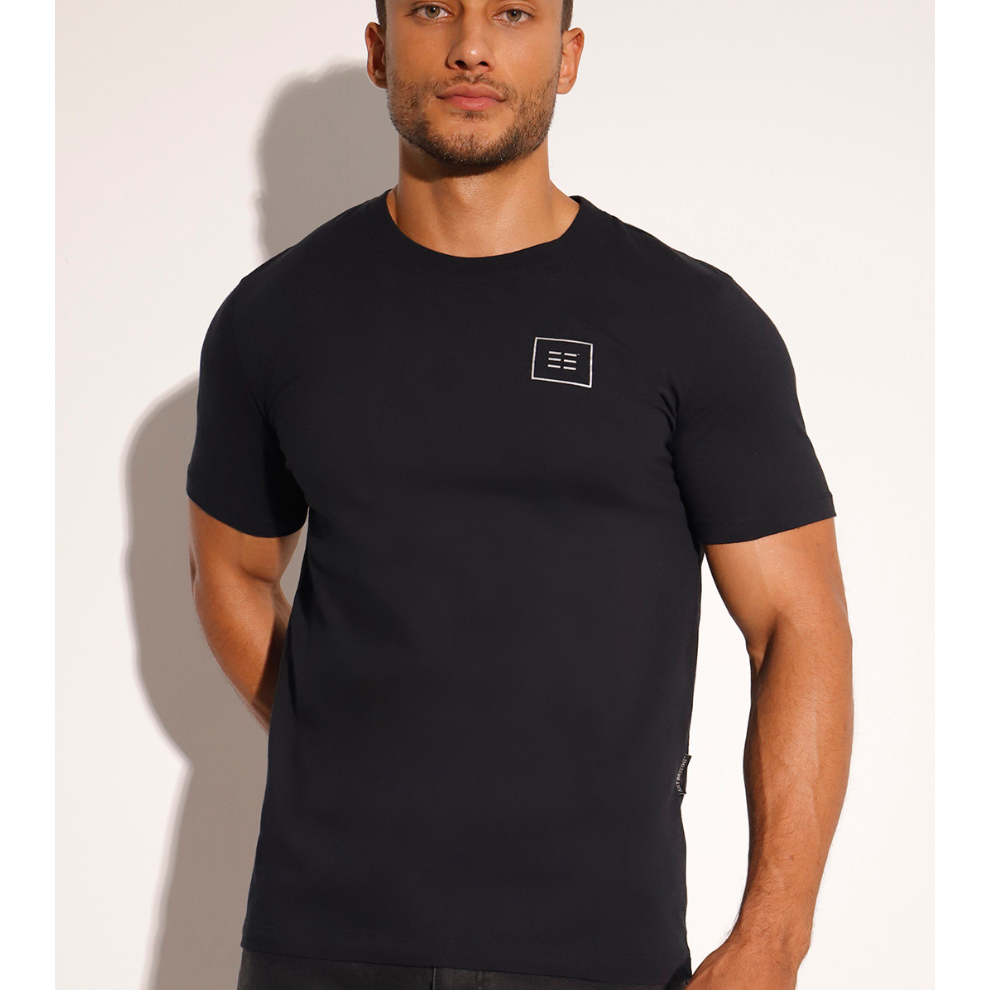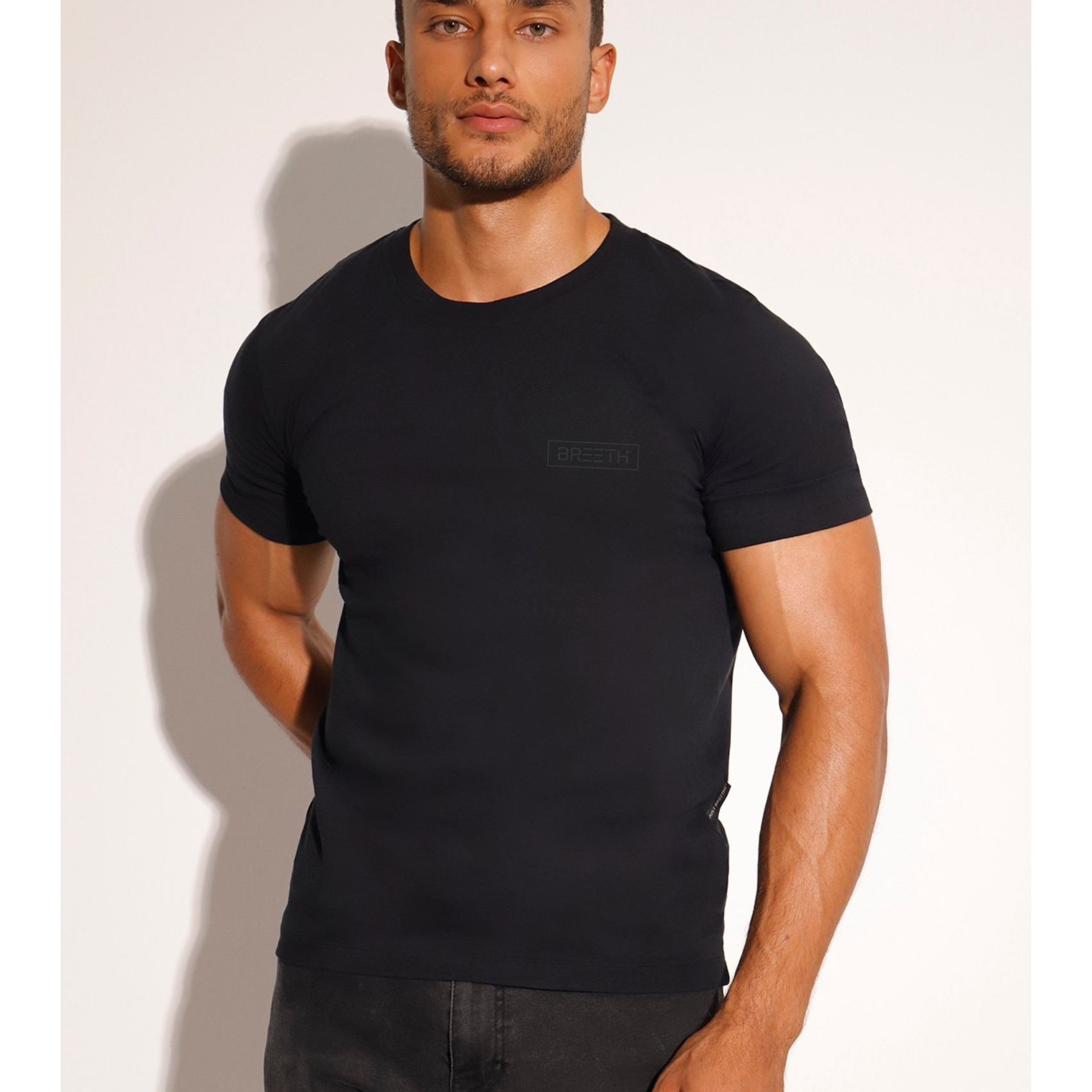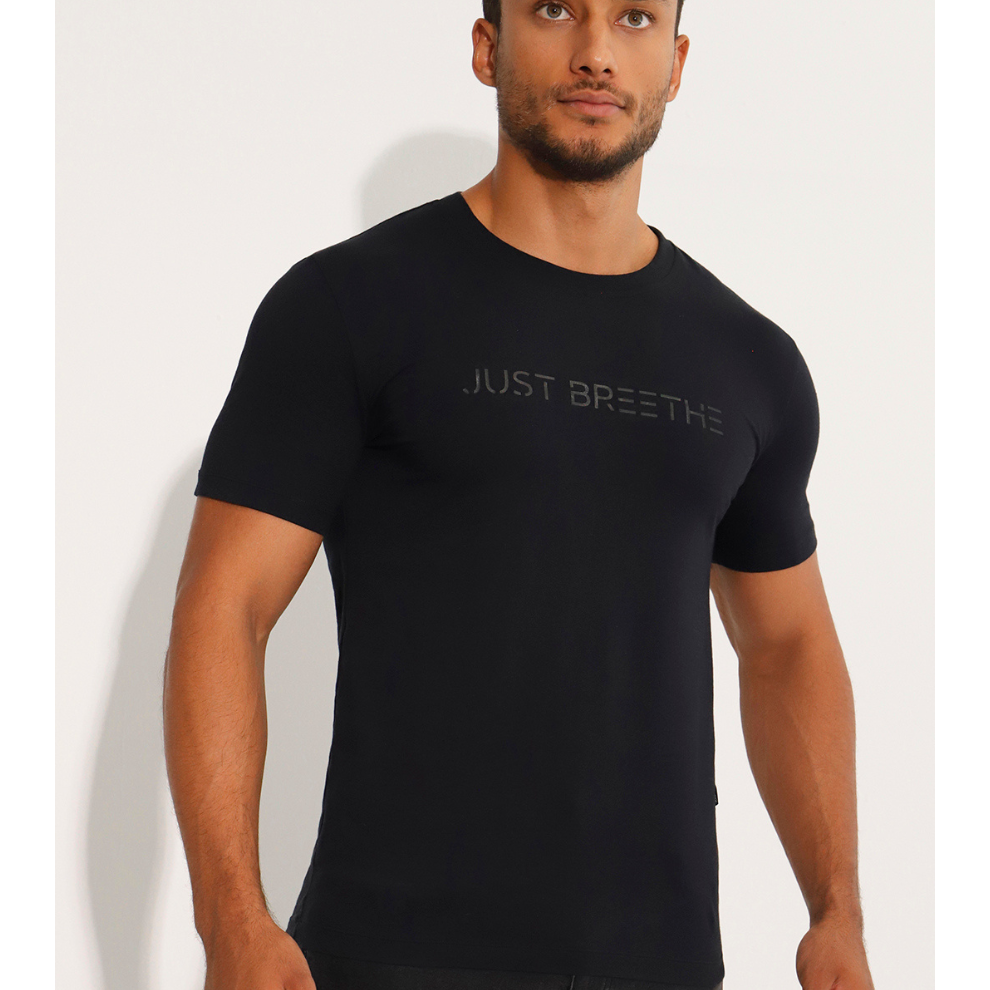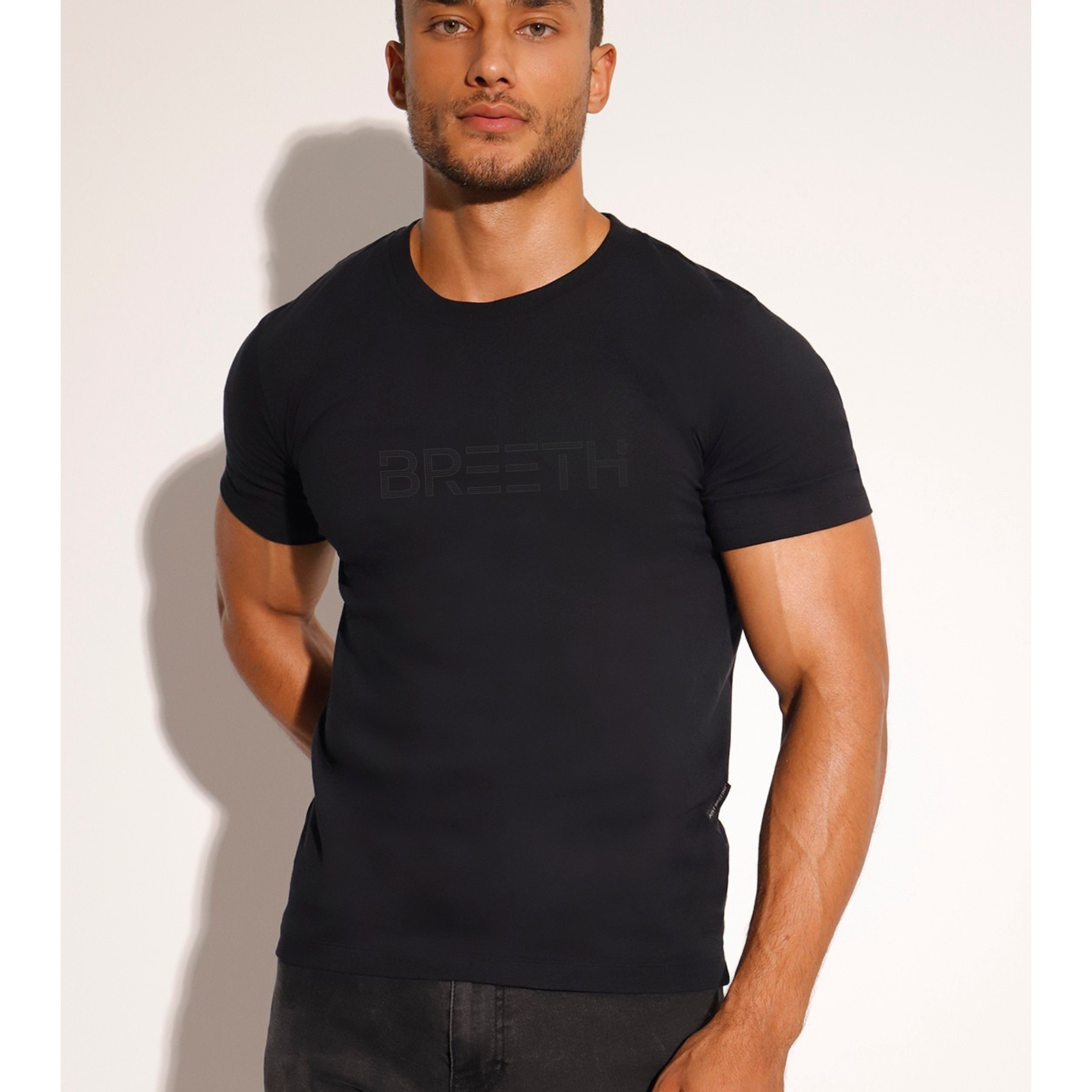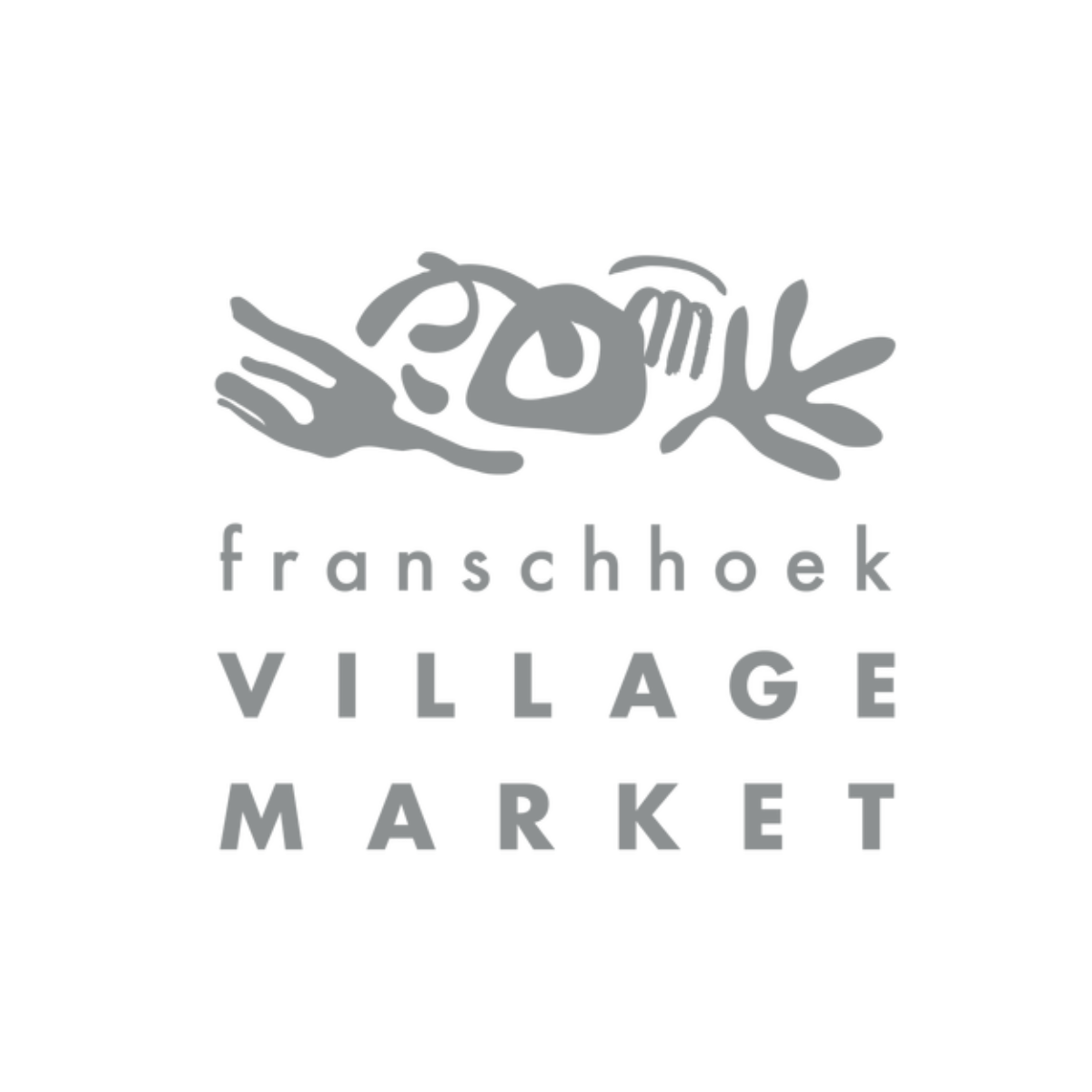The Cost of Convenience
Fast fashion has revolutionised the way we approach clothing, offering a rapid response to the latest style trends at wallet-friendly prices. It's a phenomenon fueled by our insatiable appetite for apparel at lightning speed. In this era, shopping has evolved beyond necessity; it's now a form of entertainment, drawing consumers to outlets offering an immersive experience. Retailers adept at creating ambience through enticing displays, lighting, and even fragrances enhance the customer journey, enticing them to indulge in the ultimate shopping experience.
In essence, fast fashion epitomises the fusion of style and speed, catering to our desire for instant gratification in the realm of clothing. Yet, beneath the surface of this convenience lies a troubling reality—one that poses critical questions about our values, our impact on the planet, and our responsibility to future generations. As we navigate the complexities of contemporary consumerism, the choice between fast fashion and sustainable cotton clothing becomes not just a matter of style but a reflection of who we are and what we stand for.
Moreover, the human cost of fast fashion is equally troubling. In a relentless pursuit of low prices, many brands outsource their production to countries with minimal labour laws. Workers often endure gruelling hours in unsafe conditions for meagre wages, stripped of their dignity and rights. The exploitation inherent in this model reveals a stark reality: the cheap price tag often hides a profound human cost.
Fast fashion contributes to a culture of waste, with over 92 million tons of textiles ending up in landfills yearly. As these garments decompose, they release harmful greenhouse gases. Synthetic fibres are made of petroleum and can take hundreds of years to decompose, further exacerbating climate change. This isn't just about clothing; it’s about our planet and your future.
Identifying fast fashion while shopping can be challenging, especially as it seeps into mass-market and luxury segments. Even a higher price tag doesn’t always guarantee ethical sourcing.
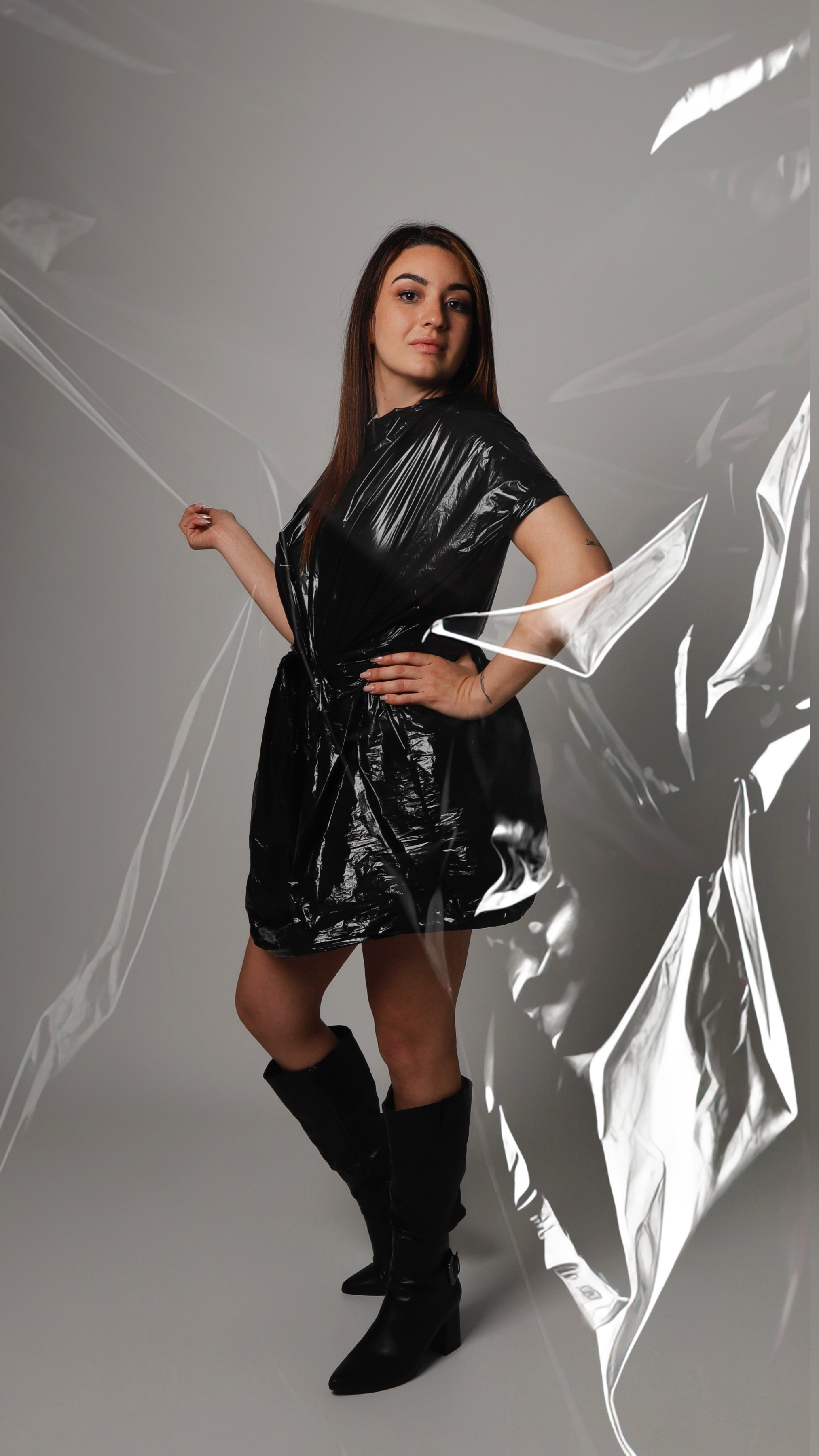
Fast fashion
- Examine the Fabric Label: Fast fashion often relies on non-biodegradable synthetic materials like nylon, polyester, and spandex. These fabrics can harm both our health and the environment.
- Assess the Material’s Feel: Consider how the item feels in your hands. Fast fashion frequently uses thin, synthetic fabrics that lack durability. It may not stand the test of time if it feels flimsy or lightweight.
- Scrutinise the Quality: Look closely at the stitching and details. Are there loose threads or uneven seams? Poor craftsmanship is a telltale sign of rapid production, indicating a lack of care.
- Investigate the Brand: Take the time to research the brand’s supply chain and commitment to ethical practices. A lack of transparency regarding labour standards or sustainability is a red flag for fast fashion.
- Note the Country of Origin: Many fast fashion items are mass-produced in low-wage countries with lax regulations. This can often signal a fast fashion approach.
- Consider the Style: Is the piece highly trendy, seemingly designed to capitalise on fleeting fads? Fast fashion thrives on short-lived trends that quickly come and go.
- Monitor New Arrivals Frequency: Does the brand consistently release new collections? A rapid inventory turnover is a hallmark of fast fashion, aimed at keeping consumers perpetually shopping.
Slow fashion is our passion! It is about more than just clothing; it’s a heartfelt commitment to investing time and mastery into designing pieces that are made to last and fit your body in the best possible way. Each garment tells a story, crafted with care to transcend fleeting trends and stand the test of time. This intentional approach gives slow fashion its name—it takes time to create beauty that endures. Our Breeth products were the result of 59 months of research and development, during which we created 84 prototypes.
Sustainable fashion embodies a deep respect for our planet. It’s about producing clothing in harmony with nature, ensuring that our choices don’t come at the expense of the environment, instead of looking for the cheapest materials. We look for the best! We want to give you the best life money can buy. So, instead of using artificial materials to mimic nature, we use nature itself. You yourself are part of nature. What is more natural than wearing it?
With slow fashion, we are forging a connection between what we wear and where we live. In a world where machines make most things, the clothing at Breeth is made locally by humans in our community. We do it this way simply because there are still things that no machine can do as well as a human. A wise person once said, “You deserve the community you live in.” This belief fuels our mission to better our community, and it will always remain at the heart of what we do. This is more than a mission. This is our promise!
Recognising sustainable fashion brands empowers us to make choices that reflect our values, support ethical practices, and nurture our planet. By consciously deciding to move away from fast fashion brands that ignore human rights and environmental harm, we can drive positive change through our purchasing decisions.

Slow Fashion
- Prioritise Materials: Look for brands that use organic cotton, hemp, linen, and other non-toxic textiles. These materials not only minimise environmental impact but also support healthier production practices.
- Verify Certifications: Seek out reputable certifications like Fair Trade and GOTS (Global Organic Textile Standard). These certifications ensure that the brands are committed to ethical and eco-friendly practices.
- Research the Brand: Take a moment to explore the brand’s dedication to ethics and sustainability. Transparent brands share valuable information about their practices and values, allowing you to make informed choices.
- Embrace Limited Collections: Choose brands that focus on limited collections, emphasising timeless style over fleeting trends. This approach not only promotes versatility but also helps reduce waste.
- Support Local and Small-Scale Production: Consider brands that prioritise local or small-scale production. Supporting these businesses not only strengthens communities but also minimises environmental footprints.
Now, you might realise what the passion behind Breeth is. Perhaps you can see what the big goal is behind everything we do…it’s YOU.
Every purchase you make sends a message about what you value. By choosing sustainable cotton clothing, we advocate for a world where ethical practices are the norm rather than the exception. It’s a call to action—a commitment to make choices that reflect our understanding of interconnectedness and responsibility.
It goes without saying that a product made from nature, nature is happy to take back.



